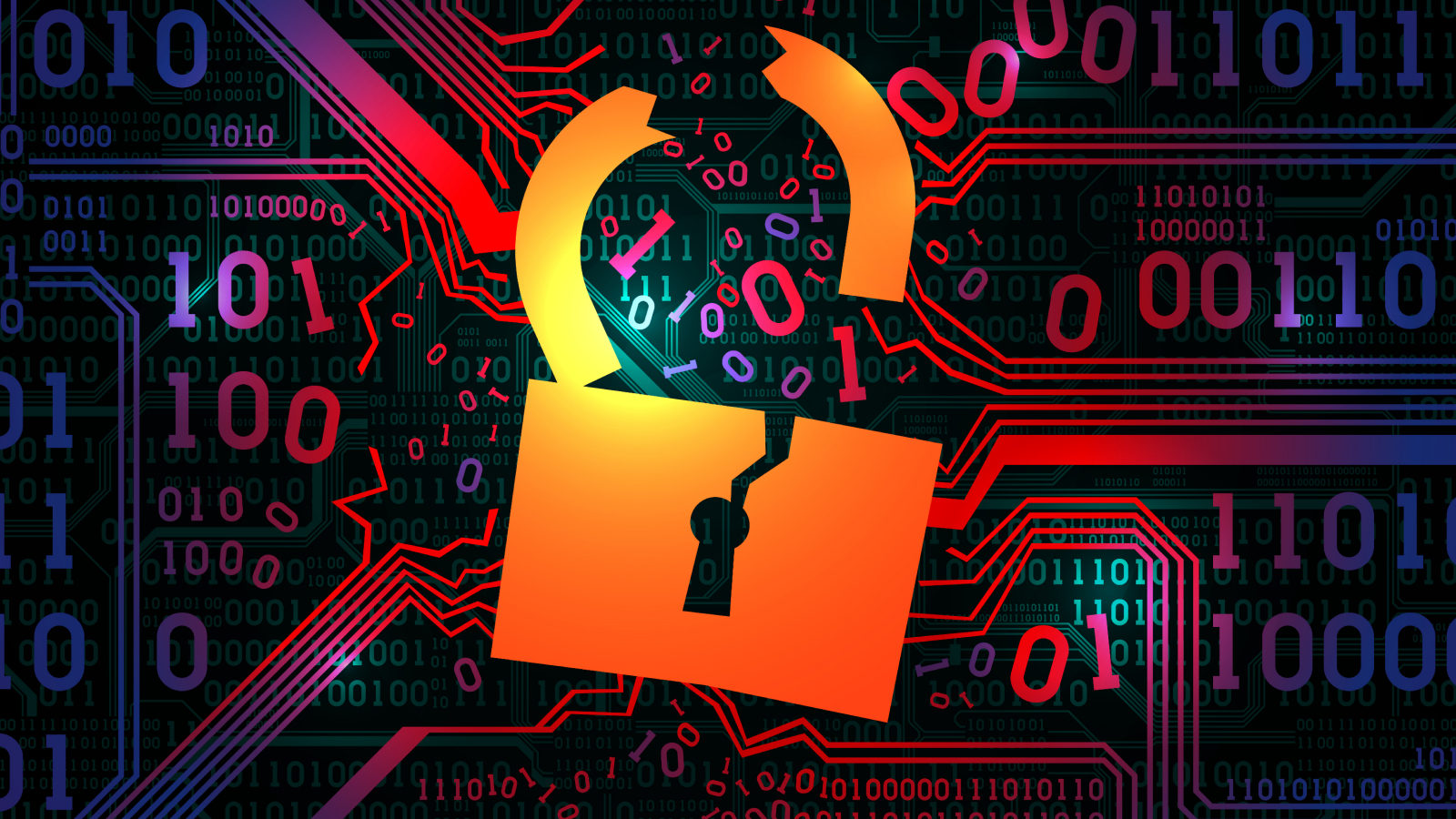
Researchers in China say they've used a quantum computer to break RSA encryption. But that doesn't necessarily mean your emails or WhatsApp messages will be intercepted anytime soon.
Encryption is used to protect sensitive data, like banking information and medical records, when it is transmitted over the internet. RSA — named after its creators, Ron Rivest, Adi Shamir and Leonard Adleman — is a type of encryption, called asymmetric encryption, which uses two different-but-linked keys to solve a mathematical problem.
Encryption has proved to be a successful method for protecting sensitive information, as it requires mathematical computation so complex that it cannot be solved by even the most powerful supercomputers in the world today — unless they have the cryptographic key.
It has long been predicted that quantum computers would make current encryption technology obsolete. Quantum computers can process vast amounts of information in far less time than a conventional computer can. This is because, thanks to the laws of quantum mechanics — and the qubits that power them — they can process calculations in parallel rather than in sequence. In theory, this means that it will take a quantum computer just seconds to solve a problem that would take classical computers millions of years.
Quantum computing is a nascent technology, however, and the most powerful quantum machines today have thousands of qubits. And scientists have projected we will need a machine with millions of qubits for it to be more powerful than our most powerful classical computers. Quantum computers also require dedicated laboratories, as well as expensive and complicated infrastructure.
But in a study published in the journal Chinese Journal of Computers in May, researchers found that D-Wave Advantage — a 5,760-qubit machine created by California-based D-Wave Quantum Systems — could break the RSA encryptions they challenged it to solve.
The machine did this through a process called quantum annealing. Quantum annealing uses quantum fluctuations — erratic changes in energy levels in quantum systems — to optimize a problem so it is solved in the easiest way possible.
Although they used a quantum computer to decrypt an RSA encryption, they used only a 50-bit integer for the RSA encryption. Size really does matter in encryption. The strength of an RSA encryption relates to the length of the integer — which defines how big the problem is. For example, a 50-bit integer has 9.67 x 10^16 possible values.
But most modern encryption technologies now use 1024- to 2048-bit integers. A 1024-bit integer has 1.797 x 10^308 possible values, while a 2048-bit integer has 3.231 x 10^616 possible values. Hence, the number of possible values for modern encryption methods are immensely larger — and, therefore, more complex — than the one overcome by the researchers.
The research is an interesting proof of concept that reinforces the expectation that quantum computers can one day decrypt modern encryption technologies. Although not stated in the paper, the natural next steps for research like this will examine how D-Wave Advantage and quantum annealing can cope with encryption models with larger integers, such as 128- or 256-bit integers.
It also signals that quantum computers are coming and will have an impact on security that relies on encryption. That is why scientists are also building post-quantum cryptography technologies — a type of cryptography that uses algorithms that are resistant to being solved by quantum computers. However, like quantum computers, this technology is still years away from full realization.







